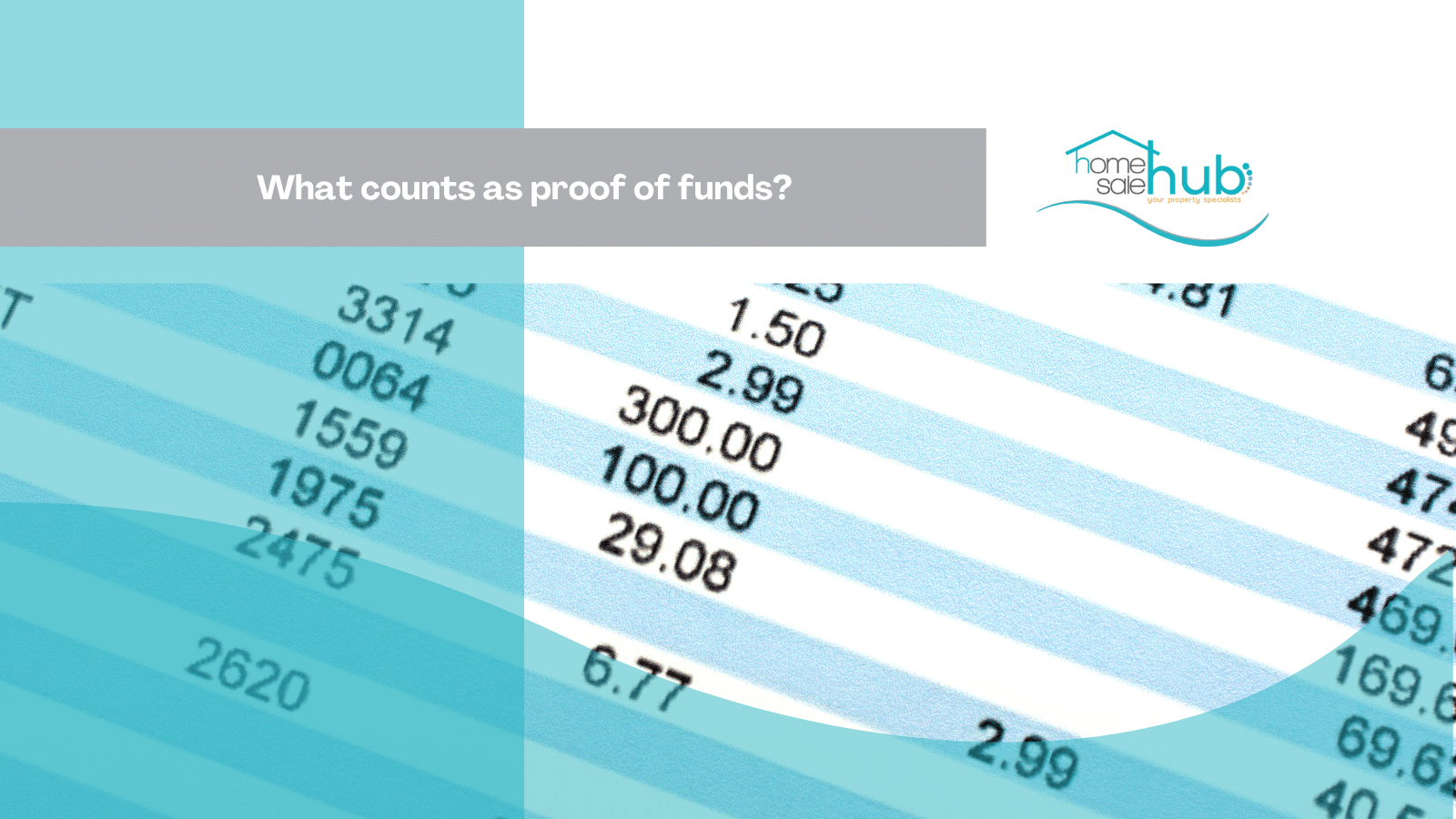Address
38f Goring Rd,
Worthing
BN12 4AD
Buying a house involves several key steps, and one of the most important early stages is providing proof of funds. Whether you are a first-time buyer, a cash purchaser or applying for a mortgage, estate agents and solicitors will need to see evidence that you have the money available to complete the transaction.
Understanding what proof of funds is, why it matters and how to obtain it can make the homebuying process smoother and help you stand out as a serious buyer.
What Is Proof of Funds?
Proof of funds, often referred to as POF, is documentation that demonstrates you have the financial means to buy the property you are offering on. It is a requirement for both cash buyers and those using a mortgage.
Estate agents, sellers and conveyancers ask for this evidence to confirm that you can afford the purchase price and associated costs such as legal fees, surveys and stamp duty. It helps avoid wasted time and reduces the risk of the sale falling through due to financing issues.
Proof of funds can come in different forms depending on your situation and how you plan to fund your purchase.
What Does Proof of Funds Check?
Proof of funds is not just about confirming you have money. It is also used to verify where the money came from. Under anti-money laundering regulations, estate agents and solicitors must trace the source of funds to ensure they are legitimate.
This process checks:
- The origin of the funds (for example, savings, inheritance, or proceeds from another property sale)
- The buyer’s identity and financial profile
- Whether the funds are accessible for immediate use
The checks protect both the buyer and the seller, helping to ensure that the transaction complies with legal standards and preventing financial fraud.
How to Get Proof of Funds
Obtaining proof of funds is straightforward, but it requires the right documentation. The most common examples include:
- Recent bank statements showing available balances
- A mortgage offer in principle from your lender
- A letter from your solicitor confirming funds from a property sale
- Investment or savings account statements
- A letter from a financial adviser confirming available funds
If you are using a combination of sources, such as part cash and part mortgage, you may need to show evidence for both.
It is best to prepare this documentation before making an offer on a property, as many estate agents will request it to confirm your position as a buyer.
Why Proof of Funds Matters
Providing proof of funds early helps demonstrate to the seller that you are a serious and capable buyer. It gives estate agents confidence that the transaction is likely to proceed smoothly and can speed up the process, particularly when there are multiple offers on a property.
Failing to provide this evidence can delay negotiations or even result in your offer being rejected. Sellers and agents prefer working with buyers who are financially ready, as it reduces uncertainty and supports a quicker exchange of contracts.
| Type of Proof | Description | Who It Applies To |
|---|---|---|
| Bank Statement | Shows available cash savings ready to use for purchase | Cash buyers or buyers with savings |
| Mortgage Offer in Principle | Confirms lender has approved you for a specific loan amount | Buyers using mortgage financing |
| Solicitor’s Letter | Confirms receipt of funds from a previous property sale | Buyers funding purchase through sale proceeds |
| Investment or Savings Account Statement | Shows investments or savings that can be withdrawn to complete purchase | Buyers using shares, ISAs or other assets |
| Inheritance or Gift Letter | Provides evidence of money gifted or inherited, confirming source of funds | Buyers using gifted deposits or inherited money |


